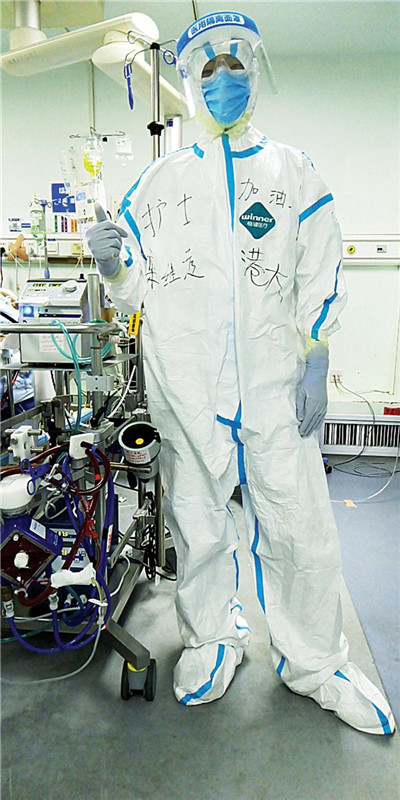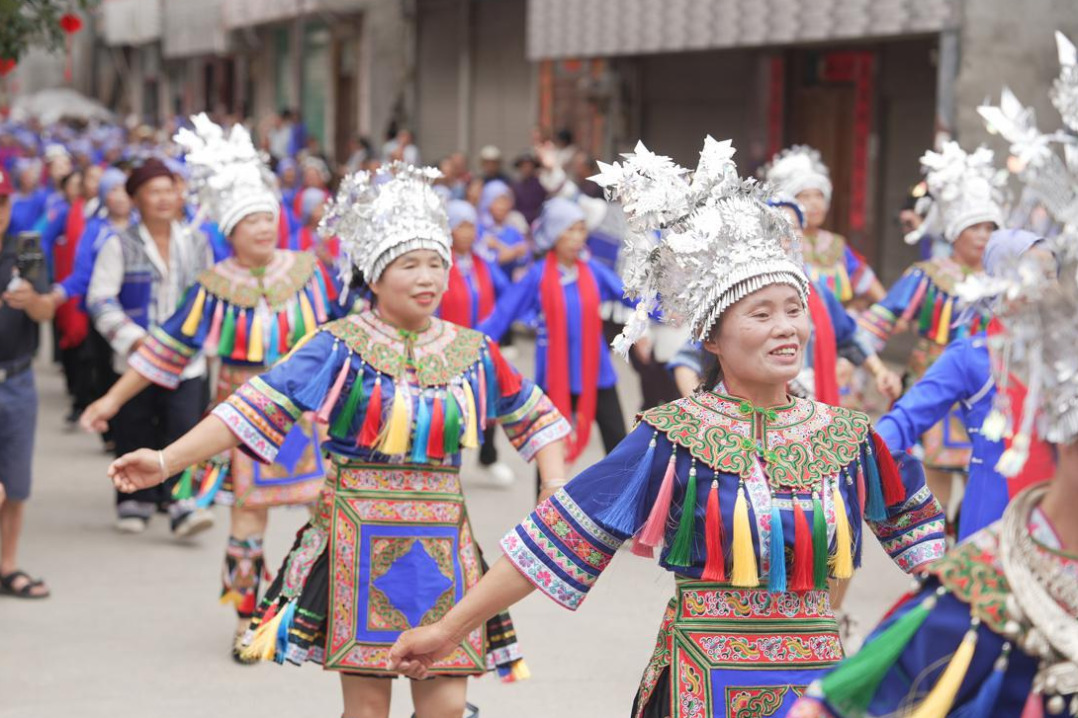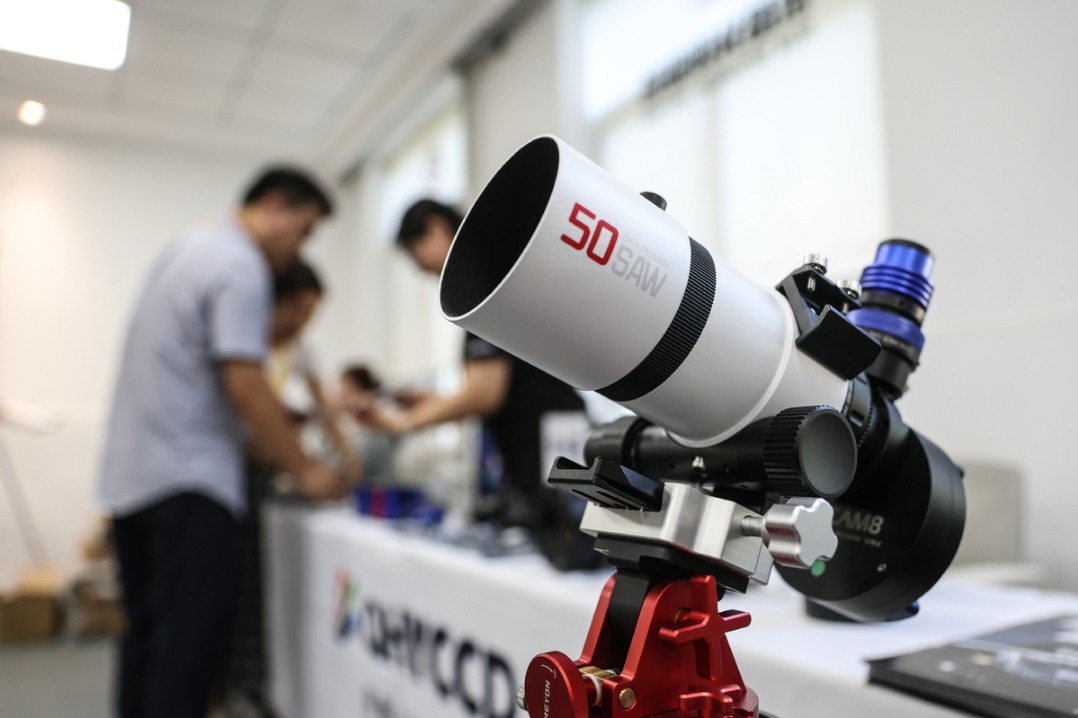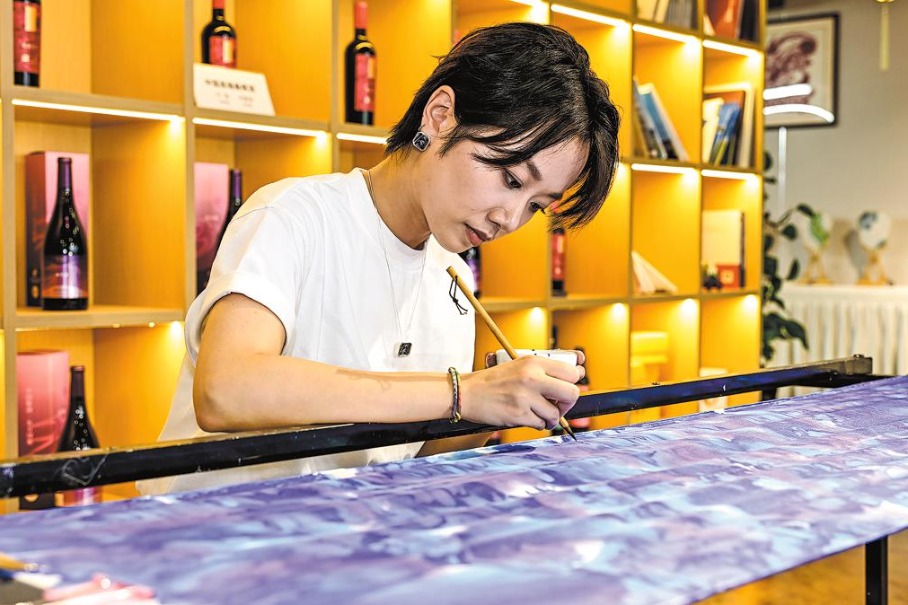On call for the battle


Most were on life-support machines, and some were in induced comas. Some were even undergoing extracorporeal membrane oxygenation (ECMO), a ventilator often regarded as the last hope for saving the lives of coronavirus patients. Many patients were heavier than Luan, who weighs about 55 kilograms.
Luan's first patient was a man over 60, with a 17-year history of hypertension and some other underlying diseases. His heart and lungs had failed, and there was systemic damage to his health. He was hospitalized in late January. He's still in a coma on ECMO, and his condition continues to deteriorate.
Many ICU patients were deeply afraid. Luan recalled one patient who came out of a coma and seized Luan's hand, holding it for more than 10 minutes and saying, "Save me! Don't give me up!" Luan admitted he was strongly affected by incidents like that, seeing the fear and despair.
Luan was getting a cram course, trying to raise his level of expertise in a short time. Besides reading patients' medical charts, the sharing and encouragement from colleagues also helped him. Four other nurses from the HKU-SZ Hospital had at least five years' experience treating adult ICU patients. They formed a WeChat group to share everyday experiences, including technical challenges and emotional stress.
In late February, one of the patients under Luan's care was discharged. Luan said he felt an incomparable sense of fulfillment. "Most ICU patients arrived at hospitals on stretchers. When they recovered and walked out, the encouragement for medical workers is everything," he said.
- Fudan University unveils archaeology project to explore Silk Road heritage
- Chinese vice-premier urges all-out efforts to tackle Chikungunya fever outbreak
- China's ocean economy buckles pressure and posts 5.8% rise in marine GDP
- China's Qin Haiyang wins men's 200m breaststroke gold at World Aquatics Championships
- Across China: 80 years on, US youth carry the Flying Tigers' torch
- Shanghai's intl business zone offers visa-free entry to invited individuals





































